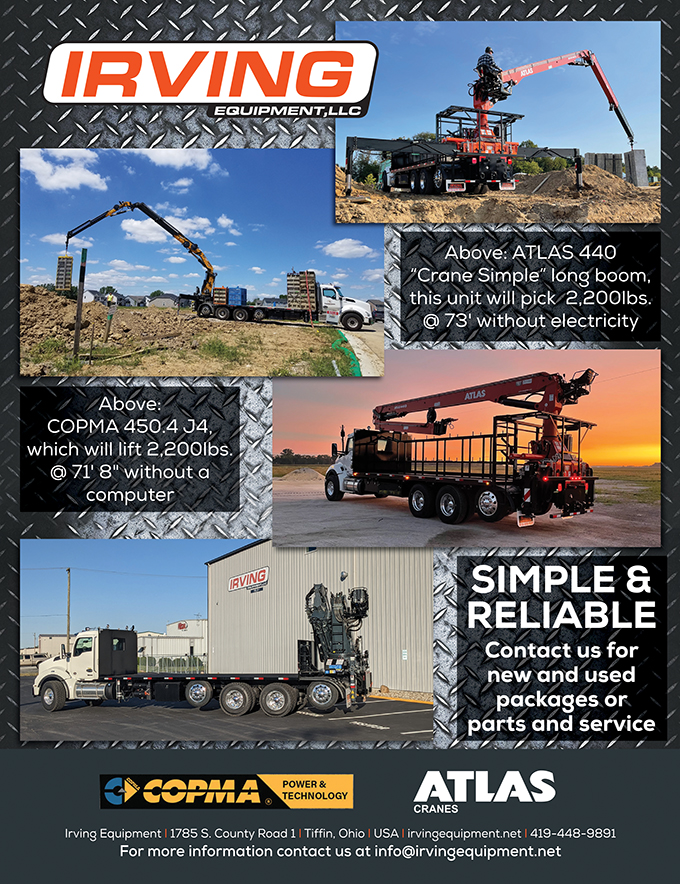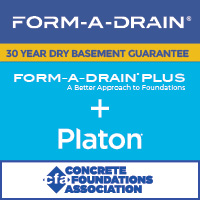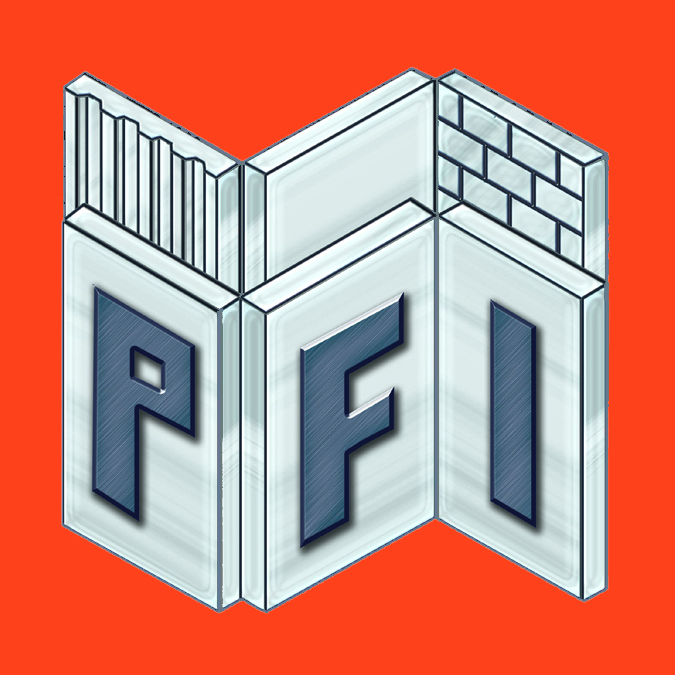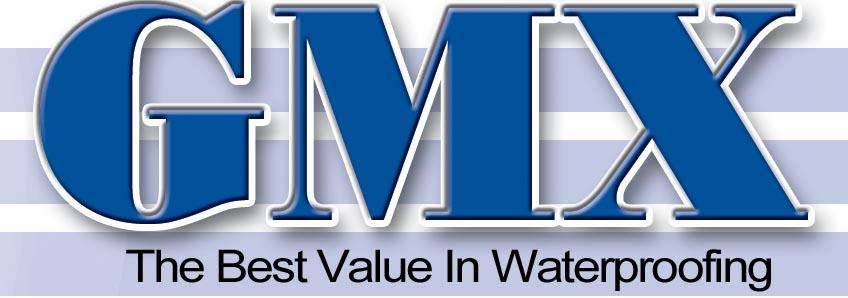The Building Code Process
Adoption of Codes
The development of building codes is an ever evolving and ever changing process. It can be mystifying and frustrating to even those who understand the process. Most wall contractors operate under one of the current standard building codes, primarily the Uniform Building or the CABO One and Two Family Dwelling code. If you do operate under that code it will be an older version since both of the entities that wrote those codes published their last versions in 1997 and 1998 respectively. More than likely, you now, or soon will operate under the International Residential Code (the current edition is IRC-2000).
The major code writing bodies formed the International Code Council several years ago and decided to collaborate in the development of two codes to take the place of the various codes then being enforced. The result was the IBC (International Building Code) for commercial structures and the IRC for one- and two-family dwellings. Many states and local jurisdictions have already adopted these codes.
A code doesn’t become a code until it is officially accepted with appropriate language by the jurisdiction in which the code will be applied. Although governing bodies typically use codes endorsed by their State, they are free to use any code they like, and they are also free, with due process, to make exceptions or amendments to the code. It is this amendment or exception process where you have the best opportunity to impact the code and its effect on your business. Any citizen can petition the local government during the adoption process to make amendments to the code. The proposed amendments must be well conceived with strong supporting information and the chances of getting a modification are not high but local codes are full of pages of amendments and exceptions proposed by not building officials, special interest groups, and interested citizens. The process of impacting your local codes will be one of the presentations at this summer’s meeting.
CODE CHANGES
The day a code is adopted by the ICC the cycle of proposed modifications to the base code begins again (actually it begins before the code is even adopted). Codes are typically updated on a three year cycle through a series of hearings, public forums, and correspondences.
The code is kept up to date through the review of proposed changes submitted by code enforcement officials, industry representatives, design professionals and other interested parties. Proposed changes are considered through an open code development process in which all interested parties may participate. Only building officials vote on the changes but anyone can propose a modification. Don’t get the idea you The Building Code Process can waltz into a meeting and completely rewrite the code – it doesn’t happen that way. A detailed procedure and timelines must be followed in submitting changes and much of the consideration is done without your input before it comes to a vote. When the vote is held, you have a total of 3 minutes to make your case (2 minutes to explain and an additional minute for rebuttal to those who can also argue against the chance), a vote is then called for and it either passes or is rejected.
Fortunately we have allies in the code monitoring process. The Portland Cement Association has three full time code development people who monitor, attend, propose modifications, and argue the case of the cement industry in several code venues. Steve Skalko, the PCA residential code representative, will be making a presentation at this summer’s meeting on understanding the code process and how to impact codes at the local level. For more information, contact the CFA at 319-895-6940. Keep in mind that we also have a section in our CFA online forum where you can post questions on code issues.









